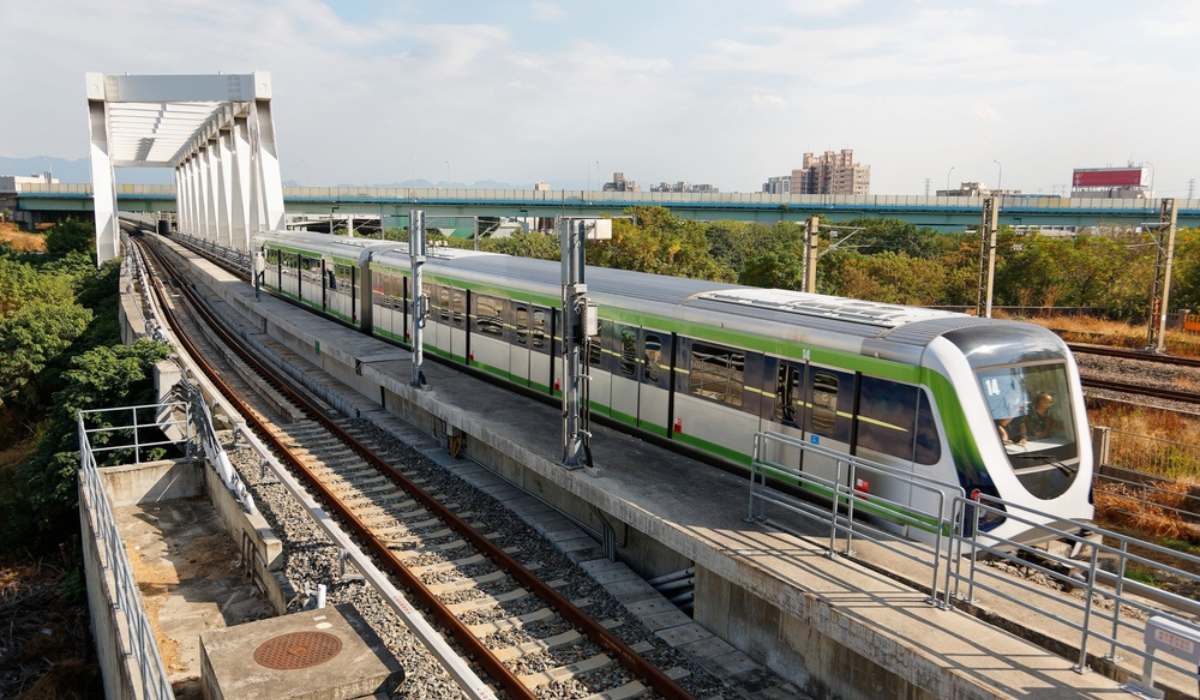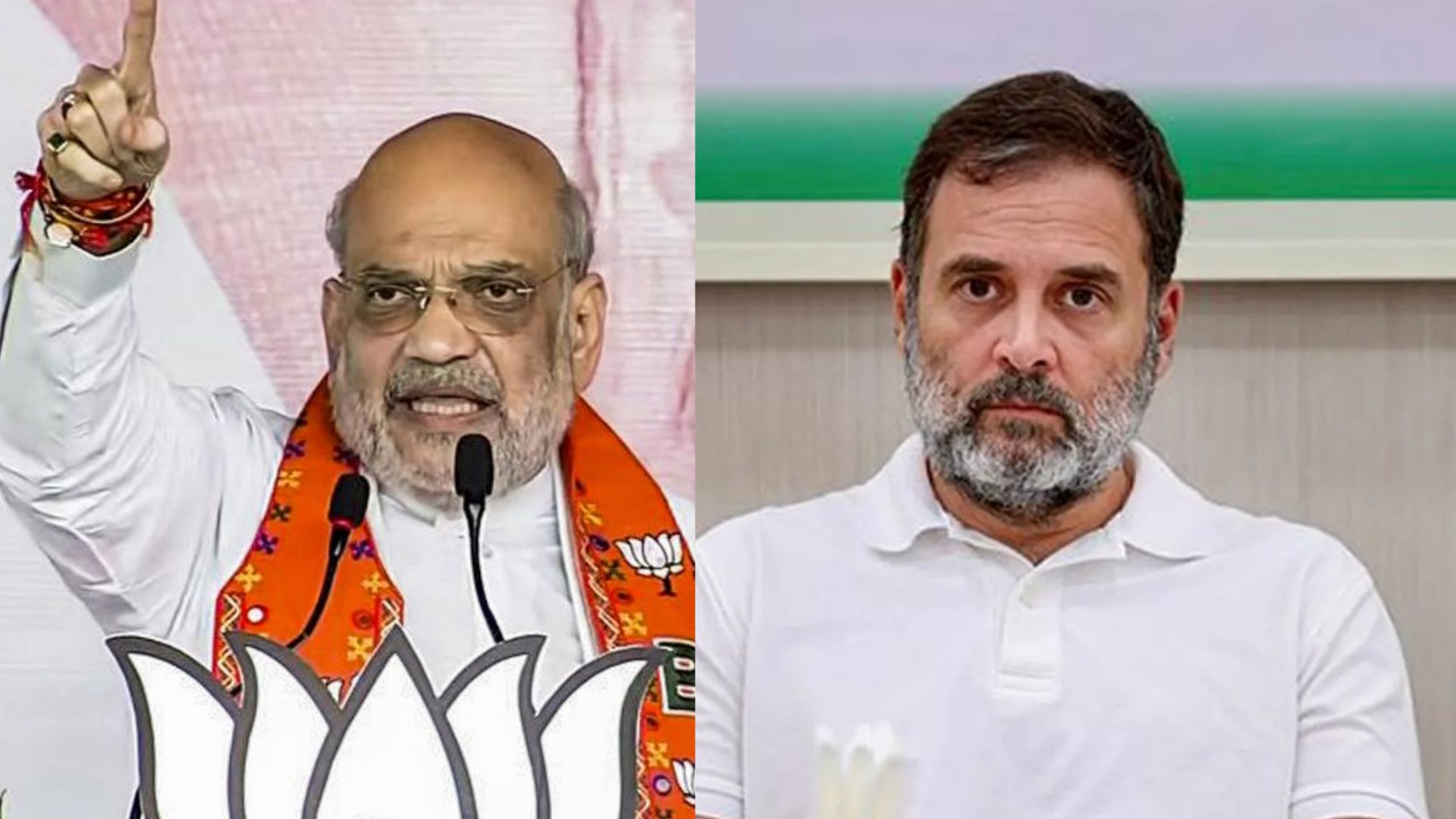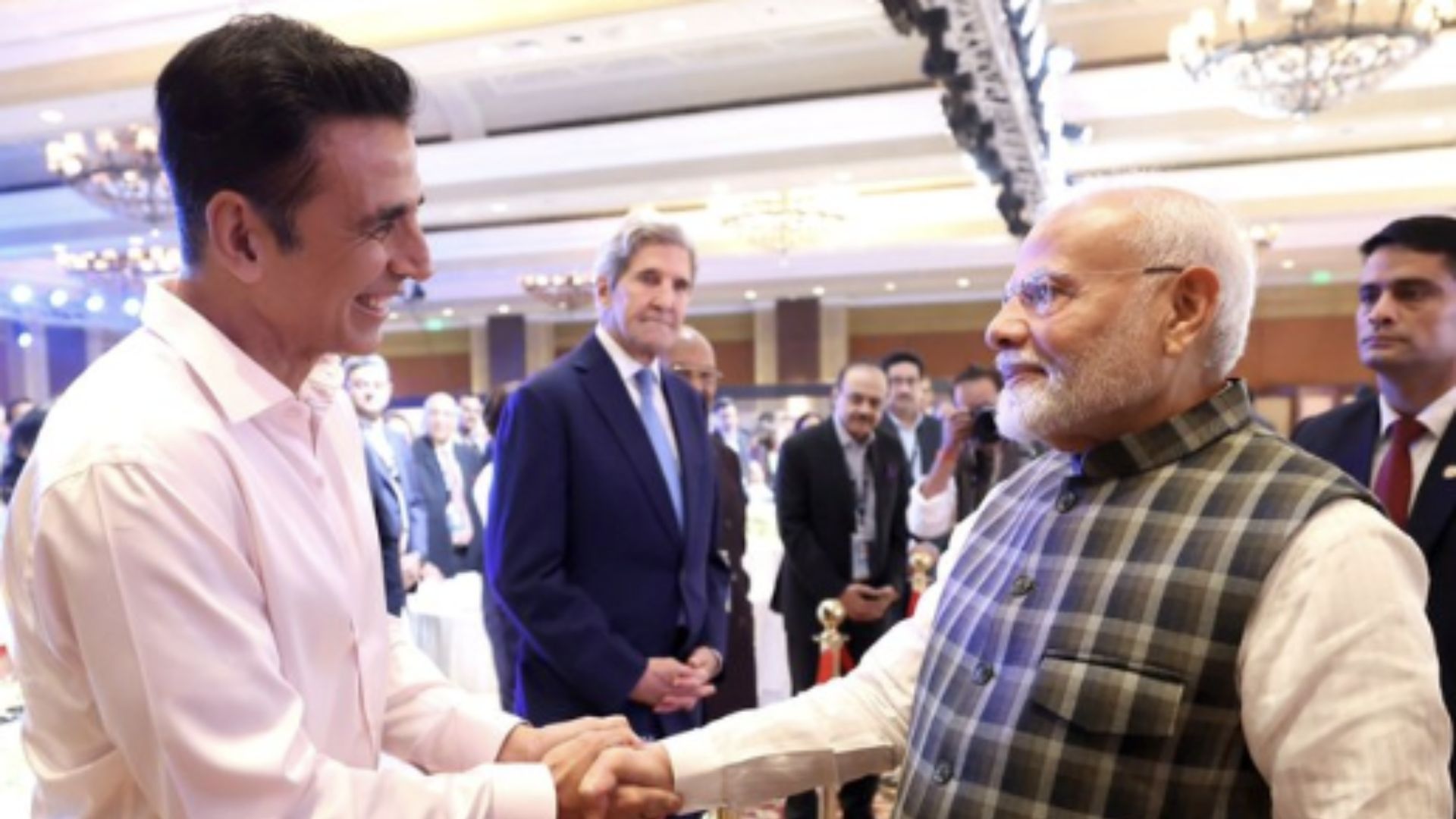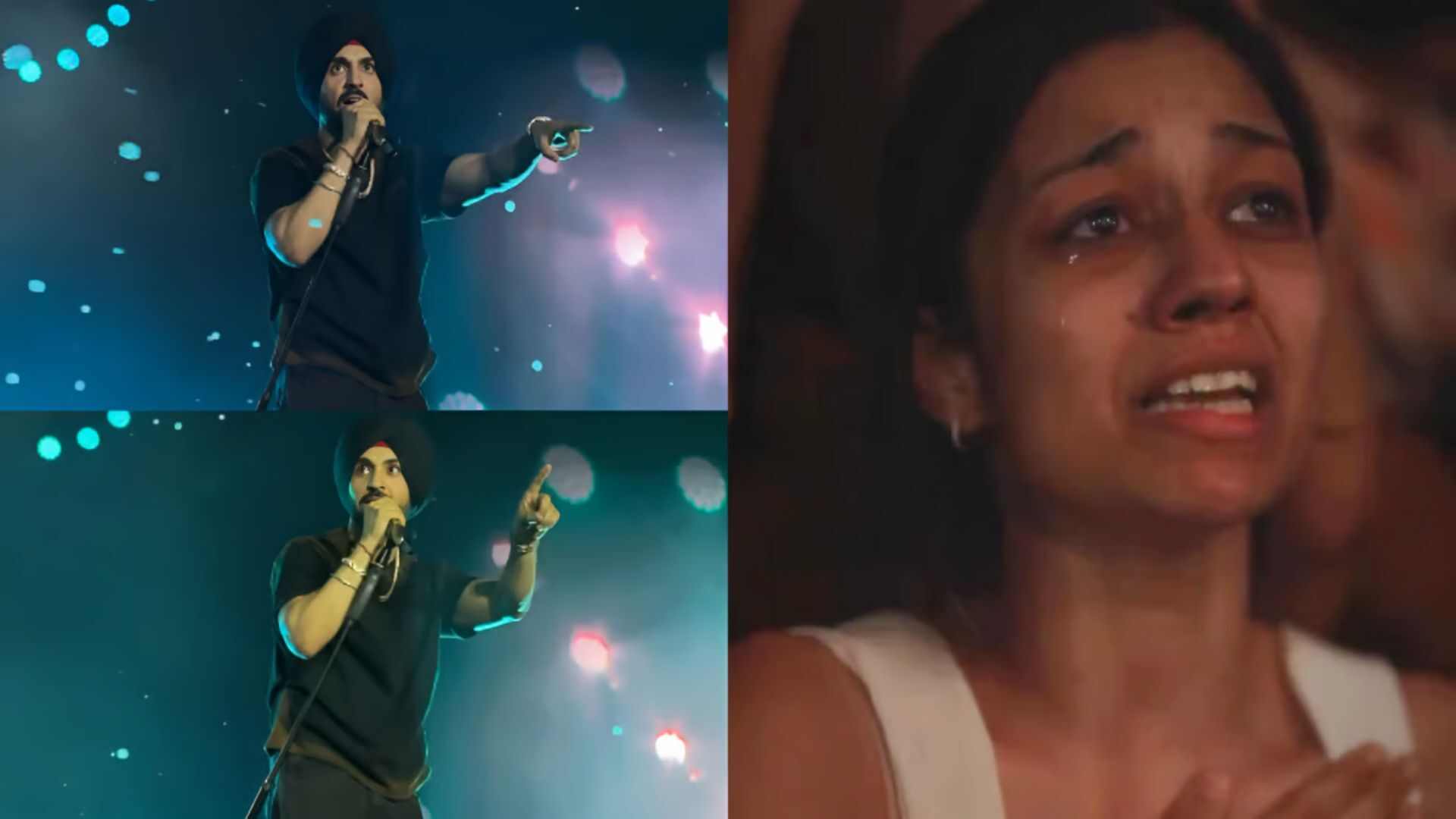
With the metro fever spreading from city to city, there has been a shift from providing efficient inter-modal connectivity through the public transport system to investing in projects that can be seen as a ‘symbol’ of development in the city. As Kochi is gearing up for its Metro’s Phase-II extension from infopark to Kakkanad, the real question is the necessity for such an expansion for an entity that is running on a loss of nearly Rs 339 crore as of FY 2021-22. With the daily ridership below 75,000 against its projected ridership of 3,80,000, the vision set by Kochi Metro Rail Ltd. was not even met halfway.
India currently has metro networks in 15 cities among which eight operate in tier 1 cities and the rest seven in tier 2 cities. The Centre has allocated Rs 19,518 crore in its 2023-24 budget, for all metro projects across the country. However, among the metro networks functioning in India, only Mumbai has crossed its projected daily ridership. Among the tier 2 cities with metro networks: Gurugram, Jaipur, Kanpur, Kochi, Lucknow, Nagpur and Noida, most of the cities have failed to achieve at least 50% of the projected ridership as per the Detailed Project Report. Instead of initiating the construction of metros in the tier 2 cities, a robust, smart and intelligent bus system will prove more useful and increase daily ridership.
Metro projects come with huge investment costs which are sometimes poorly planned and executed. When investments are pumped into the metro systems, there is a significant neglect of the availability of funds for buses. This can result in poorer quality of service for buses resulting in overcrowding as the commuter demand is unmet. More buses with higher frequency and better route rationalisation is what the public needs, to ensure last mile connectivity in tier-2 cities. Metros also require more subsidies than buses due to the lower daily riderships and tremendous losses they incur.
The irony of sustainability is also visible when the state and city governments which vouch for green and cleaner fuels with a focus on sustainability, turn a blind eye towards the unsustainability of metro construction. In Kochi, the metro development has adversely affected the sustainability of certain areas rather than promoting development. The smaller communities governed by gram panchayats have become victims to degradation of their lands due to metro construction in Kochi. The Muttom metro station yard which comes under the Choornikkara Panchayat in Kochi, lies on the paddy fields which is adversely affecting the land and the citizens. The panchayat has also been bearing the cost of the streetlights under the metro station which is a huge cost for them. The lack of clarity on the jurisdiction as to who should bear these costs, has led to governing bodies pointing fingers against each other.
The Metro Rail Policy, 2017 states that the planning and implementation of metro rail projects should be done by those who have an overall perspective and feel of the urban transport of the city. But in most cases, the city governments have the least role to play in planning a metro project for their city. As the Union Government owns the metro rail system, there is a top down approach in planning rather than a bottom up. A bottom-up approach would prove to be an effective and efficient one as the city governments are the direct stakeholders and would have an overall perspective of the city.
The major reasons for people opting metro over buses are accurate schedules, cleanliness, less travel time, comfort, and safety. However, if the same facilities are provided, commuters would not hesitate to shift towards an alternate cost effective system. Intelligent Transport Systems and Bus Rapid Transit Systems are used across the world and in few Indian cities. Adopting such models in the bus system can help us give the so-called “world class experience”, which the metro offers. Public transportation should be looked in from a larger perspective, primarily considering the user needs. The State proposals should be in line with urban growth and the requirement at local level. An integrated transport system which ensures first and last mile connectivity is a need of the hour, rather than unsustainable investments. It is a given that metro constructions are long term investments and a rather rigid plan. There is no scope for feasible alteration of constructed metros. A shift in investment towards more efficient bus services would help tackle urban mobility challenges in a developing nation.

Lizbeth Jibi Godwin is a Research Associate, Centre for Public Policy Research














